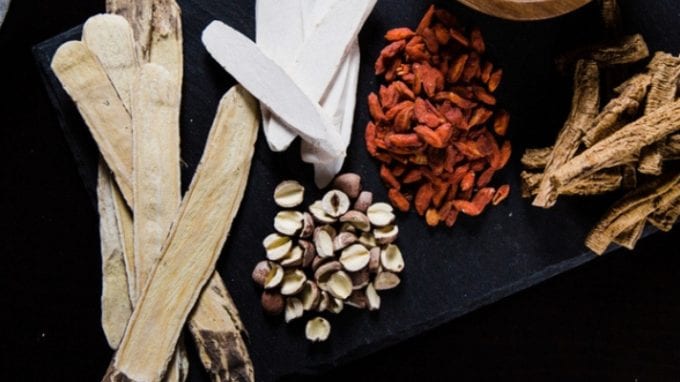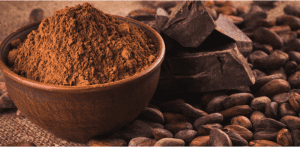Traditional Chinese medicine (TCM) offers hope for women struggling with infertility. It holistically balances the entire body for successful pregnancies.
After all, it’s the condition of the whole body, rather than merely that of eggs and reproductive organs, that fosters conception. TCM encourages the body to self-correct rather than endure artificial reproductive approaches.
What Is Traditional Chinese Medicine?
Based on a philosophy called Taoism, TCM is a wellbeing modality that’s approximately 2,500 years old. It’s based on the ideology that all of the body’s organs work in tandem, and that, when the entire body is balanced, Qi (life energy) will be unblocked. The body will then be able to heal infertility issues by itself.
TCM encompasses herbal therapy, acupuncture, Tui Na massage, cupping and other modalities. TCM is particularly helpful for women with polycystic ovarian syndrome (a leading cause of infertility and lack of ovulation), endometriosis, recurrent miscarriages and unexplained infertility.
Herbal Medicine for Infertility
Although it’s unclear exactly how herbs work, they effectively counteract infertility. There are more than 150 herbs in the Chinese herbal pharmacy that blend into customized formulas consisting of at least 15 different plants each. Herbal remedies come in pills, teas, tinctures and powders. One of the benefits of herbal medicine is that it typically has fewer side effects than conventional pharmaceuticals.
A 2011 study from Adelaide University titled “Efficacy of Traditional Chinese Herbal Medicine in the Management of Female Infertility: A Systematic Review” found that the, “management of female infertility with Chinese herbal medicine can improve pregnancy rates two-fold within a four-month period compared with Western medical fertility drug therapy or IVF [in vitro fertilization].”
Acupuncture for Infertility

The treatment imparts a calming effect on the nervous system, which in turn positively influences hormone regulation. When this system is soothed, the ovaries are more receptive to endocrines, and fertility is enhanced.
Acupuncture can be very beneficial for promoting fertility in women. These advantages include the following:
- Increased uterine blood circulation
- Improved chances of the uterine lining accepting a fertilized egg
- Reduction of ectopic pregnancies (pregnancies in which the egg attaches to the inside of the Fallopian tube rather than to the inside of the uterus).
Men’s fertility can benefit from acupuncture, as well:
- Improved quality and quantity of semen
- Increased semen mobility
- Correction of impotence
Men and women should begin acupuncture to boost fertility many months before attempting to conceive.
Tui Na Massage for Infertility
Tui Na (meaning “push and squeeze”) originated 4,700 years ago in China, making it the predecessor of all of today’s massage techniques. Although it feels somewhat similar to a Swedish massage, Tui Na differs from all forms of massage because it addresses specific internal illnesses. This makes it the most accurate type of massage for counteracting infertility.
Tui Na helps restore fertility by doing the following:
- Applying pressure to acupoints and meridians to free the flow of Qi through the reproductive system
- Prompting deep relaxation
- Boosting circulation
Tui Na can also be effectively used in tandem with acupuncture for restoration of fertility.
Cupping for Infertility
Cupping is an ancient form of TCM that helps release the body’s stagnant energy so that it can move freely, allowing the body to self-heal and regain fertility. A practitioner places small glass cups on the skin to create suction, which helps blood flow. Cupping must be done in the morning, when life energy is strongest.
There are many ways that cupping can help heal reproductive systems:
- Removes blockages and inflammation of the Fallopian tubes
- Alleviates problems with the luteal phase (the phase during which the egg travels down the Fallopian tube)
- Corrects hormonal imbalances that cause ovarian cysts
Cupping can also help men by doing the following:
- Enhancing the quality of sperm
- Resolving prostate problems
- Curing inflammation of scrotum veins
In Conclusion
Infertility can be devastating. However, with traditional Chinese medicine, it’s far from hopeless. Backed by thousands of years of practice, TCM will rejuvenate your spirit and help your body self-heal. With TCM, having a child doesn’t have to be a dream, it can be a reality.






